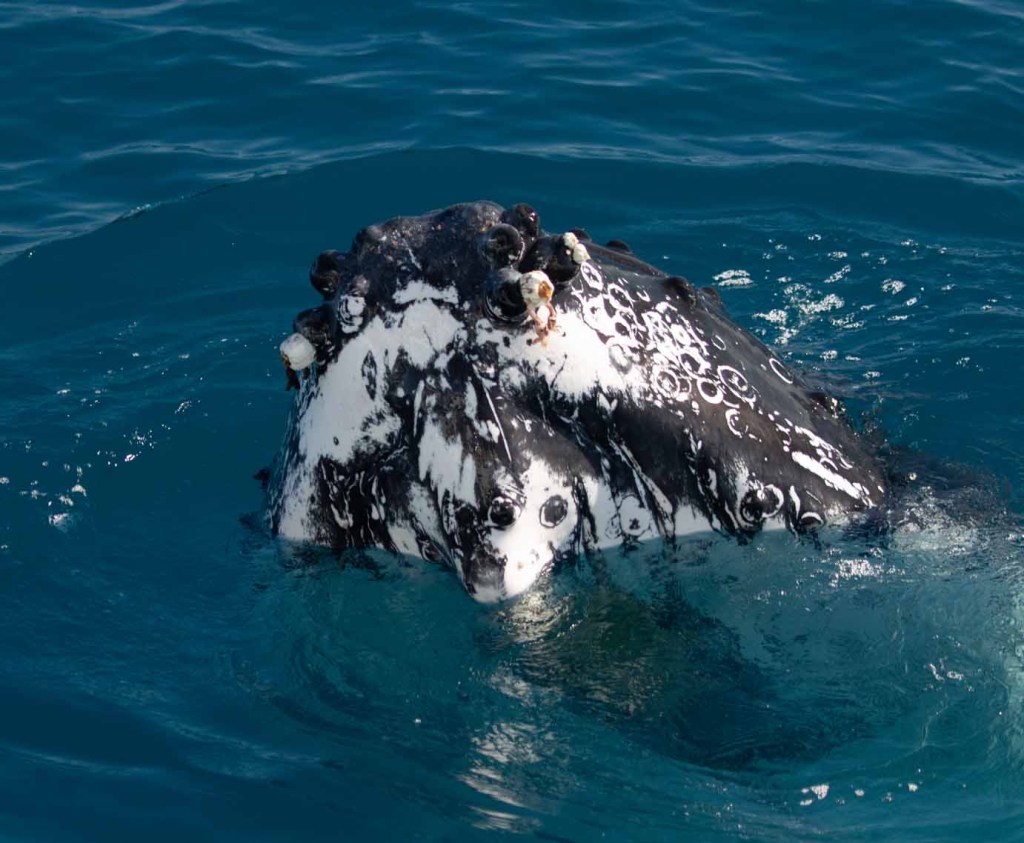
The ‘war’ in Afghanistan has finally coming to its predictable, shambolic close. The scenes at Kabul’s airport are reminiscent of those at the US embassy in Saigon forty-six years ago. And like most of us, my heart bleeds for the women and girls who will once again be subjected to medieval treatment at the hands of the Taliban. No, I don’t believe they’ve changed their tune. They’ve just learned how to deal with the media. I wish it was different. I feel for any women forced to live under Sharia Law – Saudi Arabia, Iran, parts of Indonesia etc.
Afghanistan is famously a difficult country to conquer (and make no mistake, this was a US-led invasion). Afghanistan was involved in three wars with the British in India – 1839-42, 1878-80 and 1919. All of the campaigns were undertaken to extend British influence over Afghanistan and oppose Russian influence there. All of them were ultimately unsuccessful. [source]
There’s one famous story about the Afghan wars with the British. In January, 1842, a British doctor reached Jalalabad, the sole survivor of the massacre of an invading force of sixteen thousand in the Khyber Pass as it retreated from Kabul. [source] The story goes he was left alive so he could tell his superiors what happened to people who attacked Afghanistan.
The Afghan state was one of the first to recognise the fledgling Soviet Union, which is why the Soviets invaded Afghanistan in 1979 to prop up the communist government. There had been internal conflict for some time already with Islamist guerrillas. About one hundred thousand Soviet troops controlled the cities but the countryside was always a problem. The Mujahideen guerrillas received support from the US in their fight with the communists. The Americans supplied weapons and taught them how to fight. [source] Reminiscent of the Iraq-Iran war, when the US supported Saddam Hussein.
The Russians left and Afghanistan became the lawless, tribal state it had always been, perfect for guerrilla fighters like Al Qaeda. And so it was after the twin towers were destroyed, the US and its coalition partners (none of them Muslim) declared they would root out the terrorists. Like the war in Vietnam, the war in Afghanistan – and, for that matter, Iraq – was bound to fail. Most of the locals didn’t want foreign occupation. The foreign soldiers didn’t know who was their enemy. Ordinary farmers by day set bombs at night. And if the fighters needed to escape, like Osama bin Laden, they simply scuttled over the border into Pakistan. Are we supposed to believe the Pakistanis didn’t know bin Laden was living next door to one of their army bases?
The West has a habit of assuming that any country ‘liberated’ by its armed forces will not only be grateful but will also take on its democratic political systems. It doesn’t work that way. Nobody can force democracy on people. Look at Russia, freed at last from the Soviet yoke and now it’s back to Putin’s dictatorship. Zimbabwe became independent and within decades, freedom-fighter Mugabe became a dictator. There are plenty more examples. It’s also a common theme that the trillions offered to support the new democracy ends up in the pockets of the governing class. Afghanistan’s last president, Asraf Ghani, fled with millions of dollars stuffed into cars.
In the end, the people of Afghanistan have made their choice. The Afghan army melted away before the Taliban advance, not because they were frightened but because they would prefer to live in a country ruled by its own people rather than a puppet propped up by the West.
For what it’s worth, give it some time and the tribes in Afghanistan will be at war with each other. Again.
And now for something completely different, I went whale-watching again the other day. The weather was rather better than last time but there were even fewer whales in the bay. The skipper suggested that whales come and go in the bay in groups, so sometimes there’s a crowd. Then they leave and there’s a hiatus until the next crowd drops in. That’s the first time I’ve heard anything like that.
All the whale boats were having trouble finding whales for their visitors. We came across a mum and calf who didn’t want to know about us. Then one of the other boats called us over to share one individual who was doing a lot of breaching, but all at a distance.
We did get to see a couple of dingoes trotting along the beach on K’gari. It’s only the second time I’ve seen them. It seems, as Eyre’s Rock has these days reverted to its ancient name of Uluru, Fraser Island has returned to its Butchulla name, K’gari (which means paradise). I’m fine with that. The island was named after Eliza Fraser, whose only claim to fame was getting shipwrecked and coming up with some disputed stories about what happened next. In fact, she sounds like a con artist to me. [source] It was K’gari for thousands of years before she arrived.
Finally, skipper Keith decided to go for broke to give us a great experience and headed up to Rooney’s Point, where Hervey Bay merges into the Coral Sea. It’s where the whales come in and out of the bay – and we encountered a couple of curious juveniles. They came over and ‘mugged’ the boat. Freedom drifted in neutral while these two swam under and along both sides of the boat, doing a bit of spy-hopping to look at the people. It was a truly wonderful experience.
I had a go at filming to give you some idea of how close they come.
Here are a few more photos from that experience.



All in all that last fifteen minutes changed an ordinary whale-watch into a stellar performance.
Leave a Reply